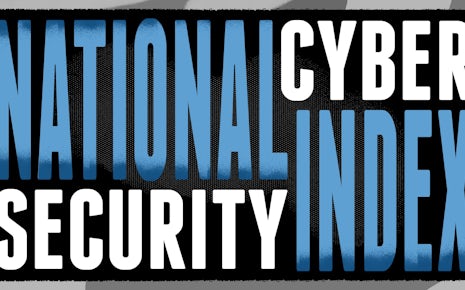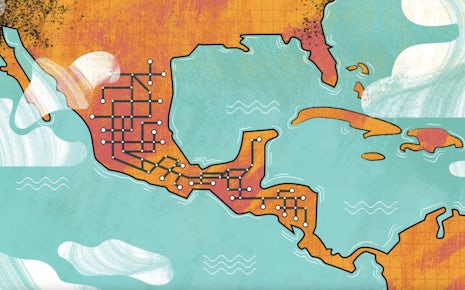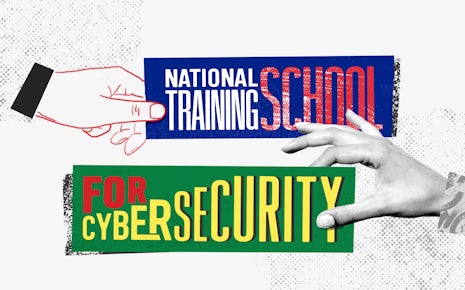The challenge

Ransomware is a type of malware that prevents or limits users from accessing their systems or devices, and asks victims to pay a ransom through specific online payment methods to regain control of their data. Globally, ransomware now causes several billion euros of economic damage every year, affecting millions of users and entities in the public and private sector, according to compiled data from Coveware. It can encrypt personal files, folders, and web servers, target mobile devices and hard drives, and disrupt systems and operations in companies, public services or critical entities like healthcare.
As economies and societies have increased their reliance on digital services and struggled with the challenges of the COVID-19 Pandemic, the average ransom demand has grown by more than 80 percent. As such, ransomware is a top priority threat encountered by cyber investigators across the EU, and according to Europol's own Internet Organised Crime Threat Assessment (IOCTA), it remains one of the, if not the, most dominant global threats, especially for public and private organisations within as well as outside Europe.




